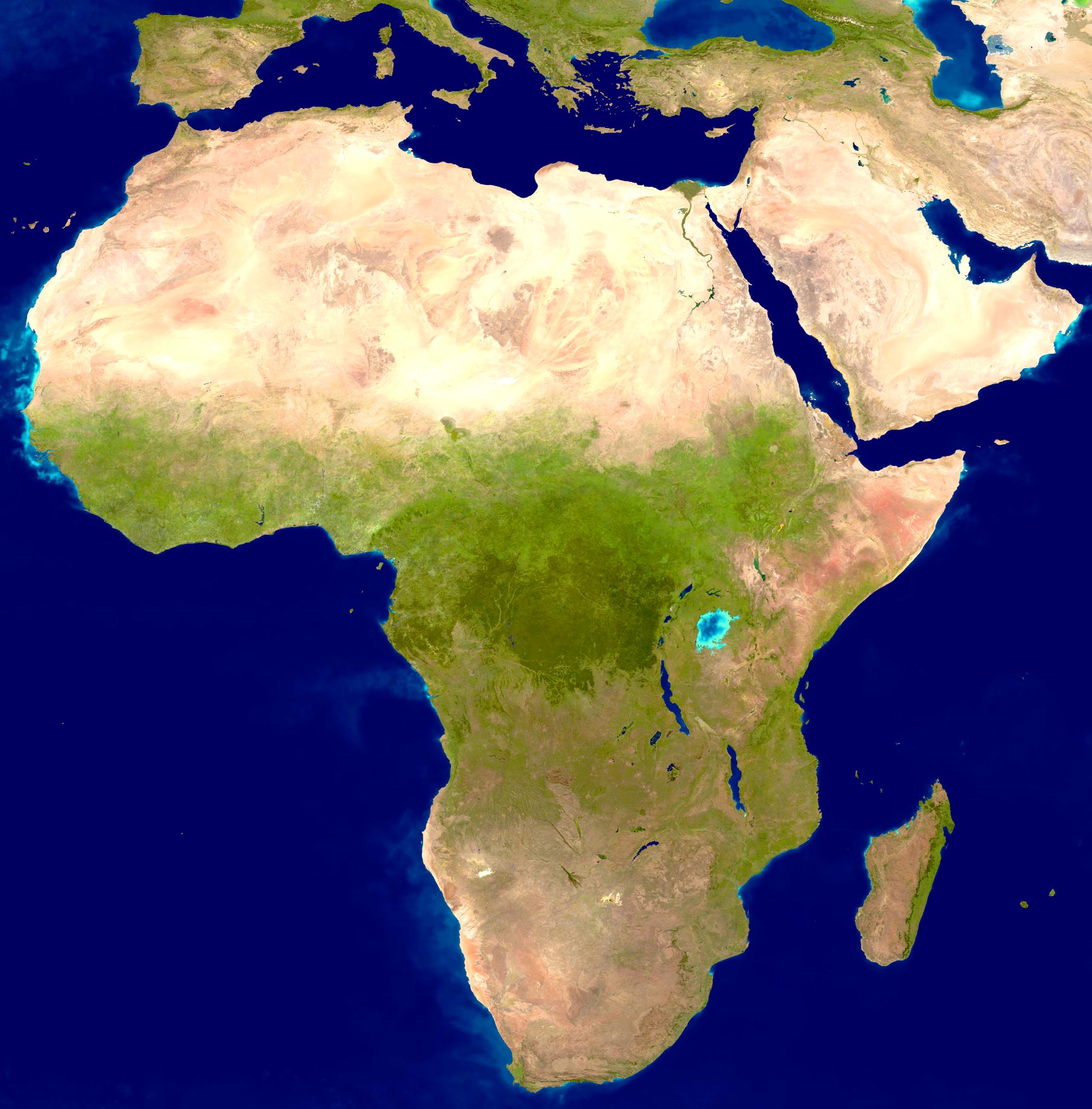The event was the third instalment of celebrity Read Africa at Terra Kulture and I was bent on beating the stigma of African Time. By bypassing the BRT buses and danfos, I arrived the event venue at exactly 3 pm atop an okada piloted by a happy-faced Fulani youth not long past his teenage years.
Thinking the event would already be in full swing at about that time, I hurried into the Terra Kulture library and was shocked to find it sparsely occupied. I looked towards the large wall clock on the far wall of the room to ascertain that I had not somehow arrived earlier than I thought I did. I didn’t.
Understanding then dawned; I had given up on African time, but most of the continent still hangs on to that mentality. Not to worry, I looked around the room, discovered Onyeka Nwelue among the early birds, and spent the next hour with him and another young Nigerian talking about the golly in Ghollywood.
My interesting discourse with Mr Nwelue set the tone for a very exciting evening that finally kicked off at about four with commendable poetry readings and music by upcoming acts.
Onyeka Nwelue opened the reading floor, rendering a thought invoking reading from his debut novel ‘Abyssinian boy’.
The organisers, who thoughtfully replaced absent advertised celebrities Kaffy and Modele with TV and radio presenter Kachi Nochiri and actor David Nnaji, averted a potential low point.
The duo went ahead to give very impressive renditions of the respective texts they chose to read from. For Kachi, it was a narrative poem from Ayo Arigbabu’s short story collection ‘A fist full of tales’. While David read from Chimamanda Adichie’s ‘Half of a yellow sun’.
Their well-received renditions paved way for another high point of the evening, the reading by the only advertised ‘celebrity’ present, Tosin Martins, who wowed everybody with not just his dramatic reading of Dapo Adeleke’s novel ‘Thrills and trials’ but also the intellectual nature of his interpretation of it.
Tosin Martins was the revelation of the evening as his exhibition of a sound, very intellectual mind, caused many who previously thought Nigerian musicians are hardly intellectual to rethink their position.
After him came Harrysong, who performed, to the admiration of everyone, what he called an impromptu song he began working on just a few minutes prior. Adewale Orishade, a poet, read from his new poetry collection ‘Sad Nectar’. The poet Olulu performed to spoken word poems, then Chinelo ended the day’s performances with a Martin Luther King styled rendition of her poem ‘Utopia’.
Another high point of the evening was the engaging discussion session between the celebrities and the audience. This discussion session brought out sides of the celebrities that the audience obviously knew little about as patriotism was exhibited in diverse ways. By the time the third instalment of celebrity read Africa came to a reluctant close at about 6:30 pm, I was feeling very elated for having being a part of this. Yes, the celebrities came and this time, they read Africa, so very well.





